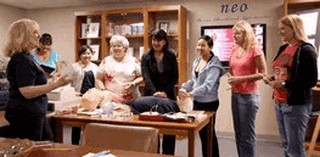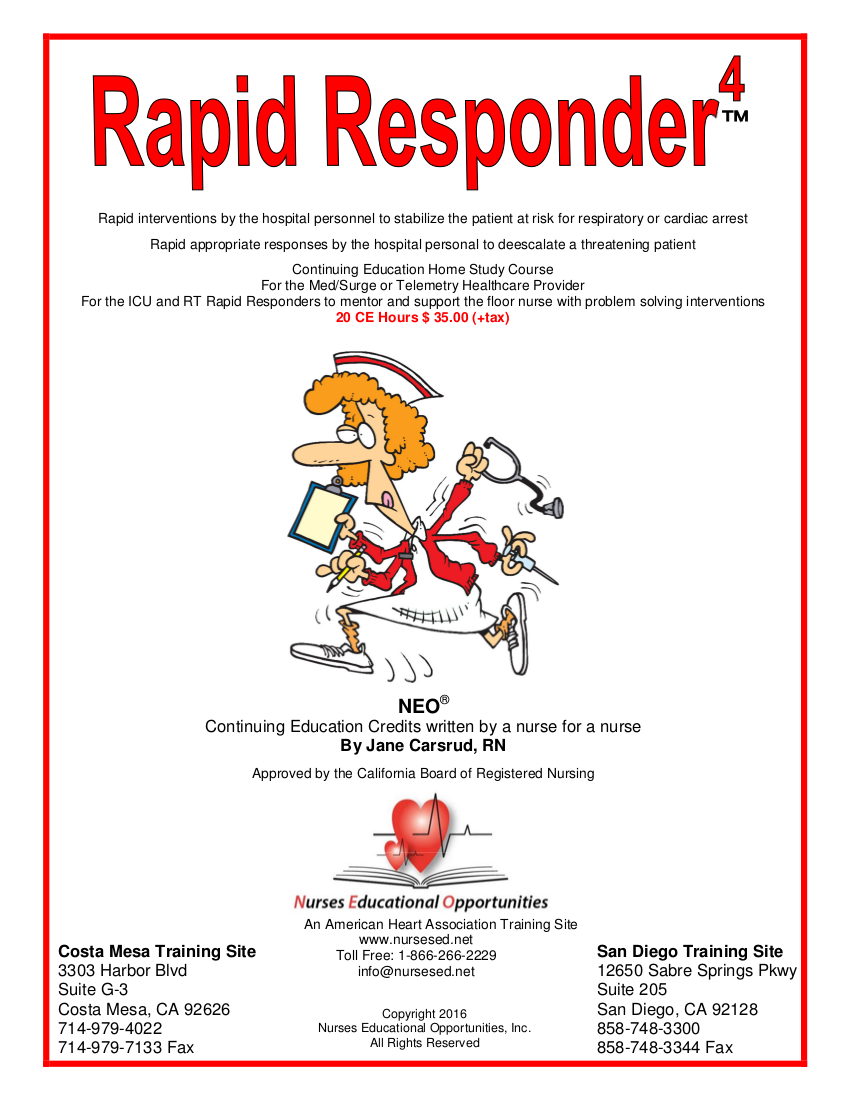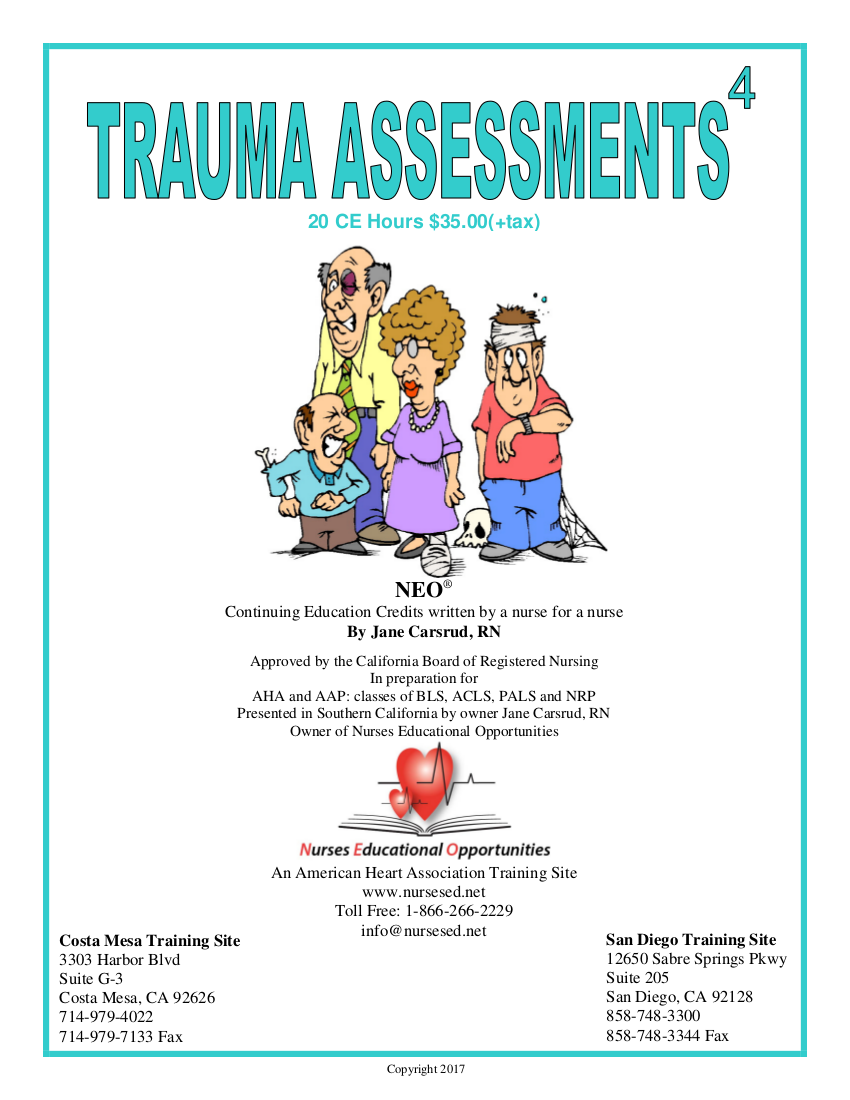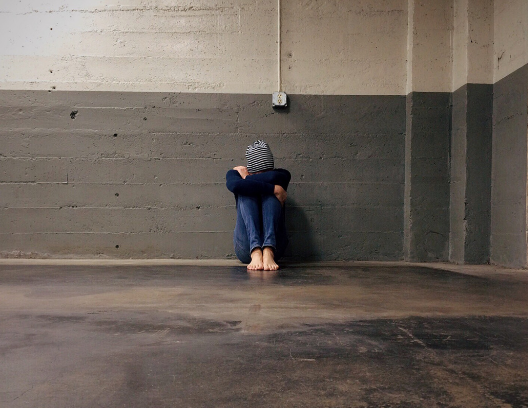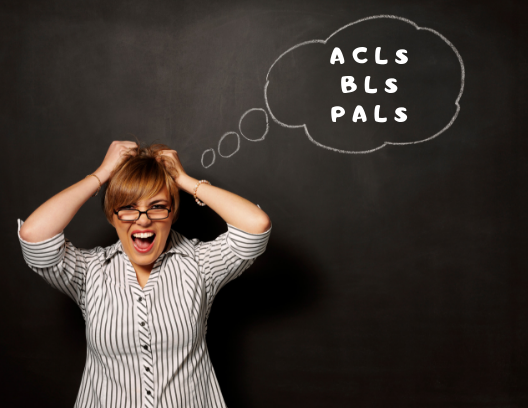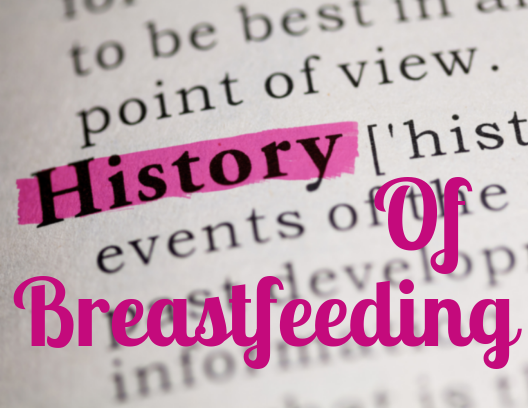-
Basics of Heart Anatomy & EKG
EKG can be a difficult concept to understand. Many healthcare providers struggle with EKG because of the inadequate professors and/or lectures they had during their college years. In actuality, EKG is very easy. In fact, the secret to understanding EKG is to have a GREAT instructor or professor. However, to better understand EKG’s, healthcare providers must first possess a better understanding of heart anatomy and certain key terms. In all honesty, most EKG instructors expect students to already know heart anatomy and cardiac terms, and accordingly, many instructors will choose to omit these concepts. To facilitate the learning of EKG, this article will provide more insight into essential key terms…
-
A Nurse's Story, All Services, American Heart Association, Article, Career Builder, Featured This Month, ICU/ER Track, Maternal Child Health, New Grad Maternal Child Program, New Graduates of Nursing, NRP Skills, Nursing Advocacy, Orange County, San Diego
Nurses Eat their Young
Lateral violence is a form of nurse bullying For instance, lateral violence occurs when another nurse deliberately instills harmful behavior in the workplace to another employee. Most noteworthy, nurse to nurse bullying remains extremely common in various hospitals and healthcare facilities. Nursing remains one of greatest occupations at risk for lateral violence. As a matter of fact, roughly 44% to 85% of nurses reported being victims of bullying (Christie and Jones, 2014). Most notably, 93% of nurses reported witnessing lateral violence in the workplace. In most cases, the experienced nurse served as the perpetrator, whereas the New Grad and Student Nurse served the role of the victim (Jacobs & Kyzer,…
-
A Nurse's Story, All Services, American Heart Association, Article, ICU/ER Track, Maternal Child Health, Neonatal Intensive Care NICU, New Grad Maternal Child Program, Nurses Self Care, Nursing Advocacy, Orange County, San Diego
How I Survived ACLS
Before I begin to describe how I survived ACLS let me remark on the impact of the initial American Heart Association ACLS class in the early 1990’s As the owner of Nurses Educational Opportunities, a recognized American Heart Association ACLS, BLS and PALS certification provider, I have come across countless of veteran nurses who remain scarred, particularly, by the first-ever Advanced Cardiovascular Life Support class (ACLS). In fact, the trauma many nurses experienced inspired a T Shirt with the statement, I survived ACLS. Aside from my own experience, I often ask nurses what is was that made ACLS so difficult. Reasons why nurses find the ACLS course difficult include: The…
-
AHA ACLS, AHA NRP, All Services, BabyFriendly(tm) Policy, Breastfeeding Education, Fetal Heart Monitoring, Labor and Delivery, Maternal Child Health, Neonatal Intensive Care NICU, New Grad Maternal Child Program, New Graduates of Nursing, NRP Skills, Nursing Advocacy, San Diego
The Baby Friendly Initiative History
Congratulations Southern California Nurses, for your efforts in promoting the Baby Friendly Initiative. Hospitals and Maternal-Child Health departments have set a powerful example for women nationwide. To summarize, in 2007 only 29% of USA hospitals used breastfeeding measures. By 2013, this percentage increased to 54%. Additionally, in California, rates increased to as much as 94% for some breastfeeding and 70% for exclusive breastfeeding. Indeed, the attainment of Baby Friendly designation has proven to be a strenuous, but worthwhile journey. More than one million infants die worldwide every year because they are not breastfed exclusively for 6 months. If 90% of babies were breastfed exclusively for 6 months, 911 lives could…
-
AHA ACLS, AHA BLS, AHA PALS, All Services, American Heart Association, Featured This Month, Maternal Child Health, Neonatal Intensive Care NICU, New Grad Maternal Child Program, New Graduates of Nursing, NRP Skills, Nursing Advocacy, Orange County, San Diego, Specialty
How to Develop your Critical Thinking Skills
“Inquiring minds want to know” Critical thinking is the ability to think clearly and rationally about what to do. Nurses with critical thinking skills are able to understand the logical connections between patient adversities and treatment. To illustrate, a reciprocal connection exists between a nurse and his/her patient where the nurse is the patient’s advocate and the patient relies on the nurse to be his or her advocate. Moreover, nursing is an honorable profession, and nurses are the heart and soul of the healthcare system. It is the nurse that the patient spends the most time during his or her stay in the hospital, therefore critical thinking for nurses is a…

